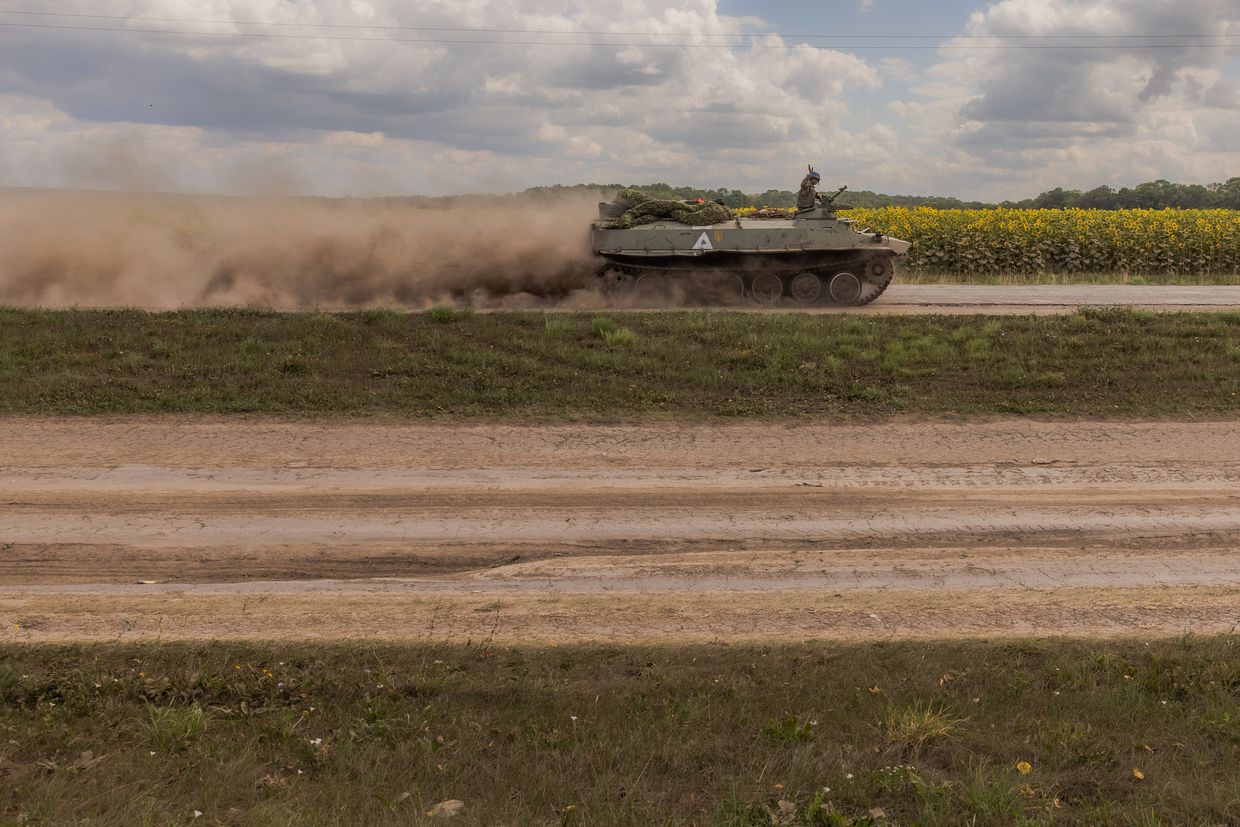Belarus to transfer military equipment to Russia amid Ukraine's operation in Kursk Oblast, media says.
Support independent journalism in Ukraine. Join us in this fight.
Become a member Support us just onceBelarusian dictator Alexander Lukashenko ordered the transfer of some of Belarusian military equipment to the Russian Armed Forces for reinforcement in Kursk Oblast and other sectors of the front line, Belarusian outlet Belnovosti reported on Aug.
13. The recent delivery of Belarusian military equipment is related to "an urgent request from the Russian side" due to losses and a lack of equipment in Kursk Oblast and other areas, Belnovosti said, citing an undisclosed source in the country's defense ministry. Ukraine's cross-border incursion into neighboring Kursk Oblast began on Aug.
6, and by Aug.
13, Ukraine said it controlled 74 settlements in the region. Lukashenko also sent equipment to Russia in 2022 when the allied country launched a full-scale invasion of Ukraine and had difficulties with its arsenal. Now Belarus supplies ammunition and equipment directly from combat units, not warehouses, indicating the draining of Belarusian stockpiles, according to Belnovosti's sources.
Lukashenko previously ordered strengthening the military presence in the Gomel and Mozyr directions, including sending the Polonez rocket systems and Iskander mid-range ballistic missile complexes there. On the Ukrainian side, the area borders Kyiv, Zhytomyr, and Chernihiv oblasts. On Aug.
12, State Border Guard Service spokesperson Andrii Demchenko said Ukraine does not spot additional Belarusian troops being deployed to the border amid Minsk's claims of reinforcing the border. Demchenko called Minsk's actions "a whipping up to play along with Russia." The spokesperson did not rule out that Belarus could take photos and videos "for information influence."
Kursk incursion aims to divert Russian troops, protect Ukrainian border regions, Kyiv says "Unlike Russia, Ukraine does not seek to seize territory.
We want to protect the lives of our people," spokesperson Heorhii Tykhyi said.
